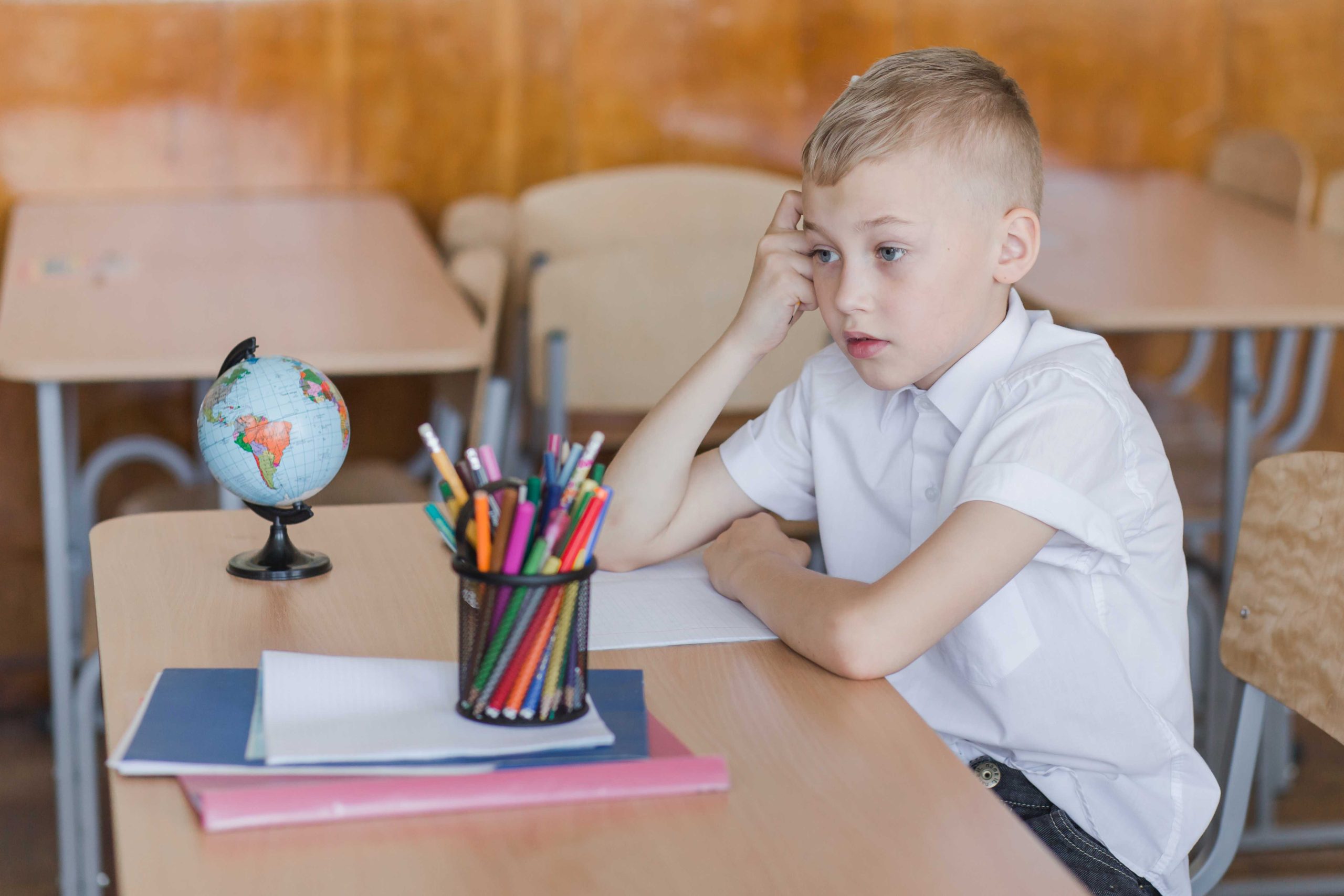
Encouraging Incremental Thinking through Open-Ended Preschool Art Activities
As preschoolers explore the world around them, art activities become a crucial avenue for self-expression and discovery. Therefore, open-ended preschool art activities play a significant role in fostering incremental thinking among young children, positively influencing their cognitive and emotional development. This article delves into the advantages of incremental thinking and how open-ended preschool art activities can encourage its development.
What is Incremental Thinking?
Incremental thinking revolves around the belief that effort and practice can enhance abilities and intelligence. This mindset contrasts with a fixed mindset that views abilities as innate and unchangeable. Incremental thinking promotes persistence and a willingness to learn from mistakes, making it a valuable tool for lifelong learning and personal growth.
Encouraging Incremental Thinking through Open-Ended Preschool Art Activities
Open-ended art activities enable preschoolers to unleash their creativity and imagination without the constraints of predetermined outcomes. Unlike structured activities with specific goals, open-ended ones embrace a variety of outcomes, fostering experimentation and exploration.
Here are some open-ended preschool art activities conducive to incremental thinking:
- Collage Making: Provide preschoolers with various materials like tissue paper, magazine cutouts, and glitter, encouraging them to create collages without specific guidelines. This activity promotes experimentation with textures and materials, emphasizing that there’s no right or wrong way to craft a collage.
- Drawing: Supply preschoolers with blank sheets of paper and diverse drawing materials such as crayons, markers, and colored pencils, urging them to draw freely without specific instructions. This activity nurtures self-expression through drawings, encouraging exploration of colors and shapes.
- Painting: Offer preschoolers canvases or paper along with different paint colors, prompting them to paint without strict guidelines. This activity fosters experimentation with colors and textures, empowering children to express themselves through art.
Benefits of Incremental Thinking in Preschoolers
- Encouraging Lifelong Learning: When preschoolers believe they can improve through effort and practice, they are more likely to pursue continuous learning and personal growth.
- Promoting Persistence: Preschoolers with an incremental mindset are more inclined to persevere through challenges and setbacks, viewing mistakes as opportunities for learning and growth.
- Boosting Self-Confidence: Preschoolers embracing incremental thinking tend to exhibit higher levels of self-confidence and self-esteem.
- Fostering Creativity: Open-ended preschool art activities stimulate creativity and imagination, positively impacting emotional and cognitive development.
Nature Art
Engage preschoolers in collecting natural materials like leaves, flowers, sticks, and rocks, encouraging them to use these items to create artwork without specific instructions. This activity cultivates an appreciation for nature while exploring textures and shapes.
Process Art
Focus on the artistic process rather than the end product. Provide materials such as paint, paper, glue, and scissors, allowing preschoolers to explore and experiment without strict guidelines. This promotes creative exploration.
Collaborative Art
Encourage preschoolers to collaborate on creating artwork together, fostering teamwork and social skills like communication and cooperation.
Sensory Art
Engage preschoolers in sensory art activities using materials like sand, shaving cream, play dough, and water to create sensory-rich artwork, promoting fine motor skills development and sensory exploration.
Recycled Art
Utilize recycled materials like cardboard boxes, paper rolls, and plastic containers, encouraging preschoolers to create artwork while promoting sustainability and creativity.
Incorporating open-ended art activities into the preschool curriculum positively impacts children’s cognitive, emotional, and social development. These activities encourage exploration, creativity, and a growth mindset, laying a foundation for lifelong learning and personal growth.
Embracing the Mess
While open-ended preschool art activities can be messy and unpredictable, embracing this aspect is crucial for children’s development. Messy play allows children to explore and experiment in a controlled environment, fostering autonomy and decision-making skills.
Educators can involve children in the cleanup process, promoting responsibility and community within the classroom. By providing opportunities for creative exploration and embracing the mess, educators create a culture that values creativity, exploration, and lifelong learning.
Conclusion
Open-ended preschool art activities play a pivotal role in fostering incremental thinking among young children, contributing to their overall development. By embracing creativity, exploration, and experimentation, educators nurture a growth mindset that prepares children for a lifetime of learning and personal growth. Incorporating open-ended art activities into the curriculum creates an inclusive and engaging learning environment that promotes creativity, exploration, and growth.


